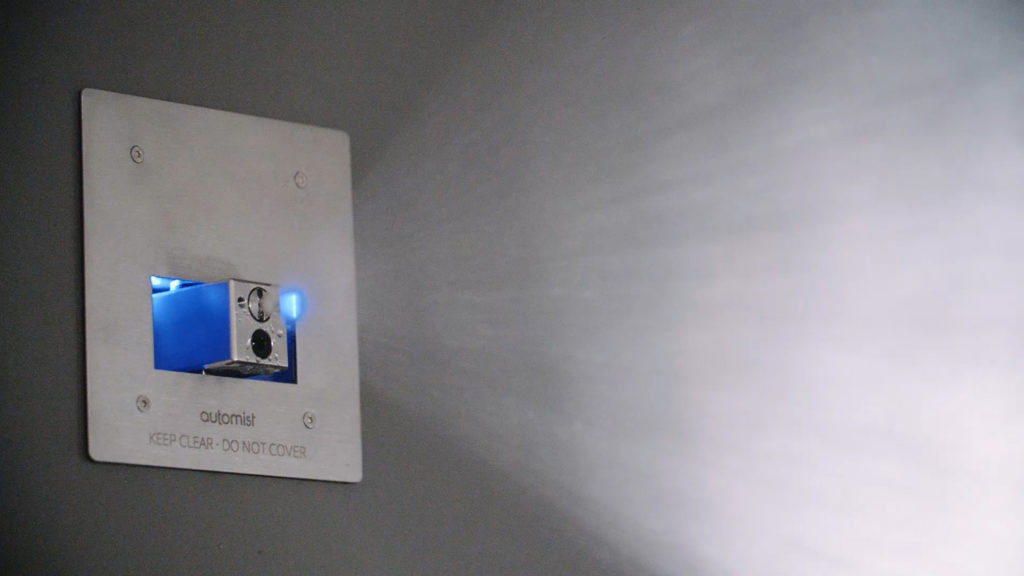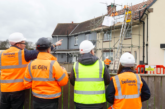 The work to make buildings safe has always been essential and even during these unprecedented times we currently find ourselves in, when so much has changed, the need to prioritise fire safety remains, says Jan Taranczuk, Co-Founder of Jan Taranczuk Associated (JTA).
The work to make buildings safe has always been essential and even during these unprecedented times we currently find ourselves in, when so much has changed, the need to prioritise fire safety remains, says Jan Taranczuk, Co-Founder of Jan Taranczuk Associated (JTA).
Housing providers are rightly making changes to their services and adapting their approach to ensure they meet the needs of residents, in light of the current pandemic, whilst adhering to social distancing guidelines. However, when reviewing what work can’t safely be undertaken and what is still essential, fire safety should remain on the agenda.
Already this year, figures show that there has been an increase in weekday fires and with more people staying home to limit the spread of Covid-19, you would be right to have concerns over the likelihood of this trend continuing.
In fact, London Fire Brigade warned last month — following the Government’s lockdown announcement — that as people spend more time inside than usual, common causes of fires in the home such as cooking, smoking, electrical items and heating sources could become even more prevalent in the coming weeks.
Now more than ever, the need to mitigate the chances of injury as a result of a fire in the home is pivotal for the already strained NHS. Fires and other non-virus-related emergency incidents won’t wait for this crisis to subside and so housing providers need to implement the necessary control measures to mitigate the risks presented by both increased likelihood of fire in the home and additional pressures on the NHS.
This is particularly important when considering the safety of those that have been most talked about during this outbreak and that’s the most vulnerable people in our society.

While we have heard lots of reports about the measures being taken to support vulnerable people with access to food and medicine, fire safety should not be overlooked as part of any essential work carried out by frontline workers.
Research shows that the majority of domestic fire fatalities and serious injuries, are actually people who are considered to be vulnerable. Therefore, personal emergency evacuation plans for any vulnerable residents receiving support, should still be conducted and reviewed.
While the current social distancing restrictions present a number of challenges for housing providers that need to undertake long-term work to improve a building’s safety, where possible, appropriate short-term measures, some of which can be conducted remotely, should not be delayed — especially in circumstances where a new or emerging risk has been identified.
However, to support the emergency services and raise awareness, it would also be useful for housing providers to share reminders to residents about testing their smoke alarms and taking extra care relating to fire safety, alongside any Coronavirus updates.
As we all continue to adapt to the new reality, to truly stay home and stay safe, housing providers must continue conducting any activities relating to fire safety throughout the lockdown, as far as possible.









